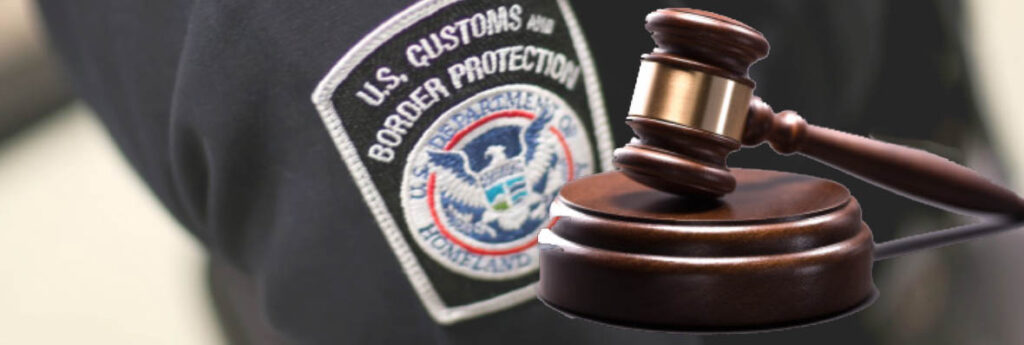Three Muslim Americans have filed a lawsuit alleging that US border officers questioned them about their religious beliefs in violation of their constitutional rights when they returned from international travel.
The three men from Minnesota, Texas and Arizona sued Department of Homeland Security officials Thursday in a federal court in Los Angeles. The suit was filed in California because some of the questioning allegedly occurred at Los Angeles International Airport.
In the lawsuit, the men said US border officers at land crossings and international airports peppered them with questions about whether they were Muslim and attended a mosque and how often they prayed. The American Civil Liberties Union, which is representing the men, said the questioning violates the men’s constitutional rights to freedom of religion and protection against unequal treatment.
“Just as border officers may not single out Christian Americans to ask what denomination they are, which church they attend, and how regularly they pray, singling out Muslim Americans for similar questions is unconstitutional,” the plaintiffs wrote in the suit, which asks the court to bar officers from questioning the men about their faith and to expunge records containing information that was obtained through this questioning.
A message seeking comment was sent to the Department of Homeland Security.
Hameem Shah, a resident of Plano, Texas, said he was returning in 2019 from a vacation to Serbia and Bosnia when he was pulled aside at the Los Angeles airport for additional screening. There, officers separated him from other travelers and started reading his personal journal despite his protests and asked him whether he had traveled in the Middle East, saying they wanted to make sure he was a “safe person,” the lawsuit said.
They asked him about his religious beliefs and practices and searched his phone despite his opposition and released him two hours later, the suit said.
“I thought that being an American meant that I and others are free to practice any religion that we choose,” Shah said in a statement on Thursday. He said the experience still haunts him.

